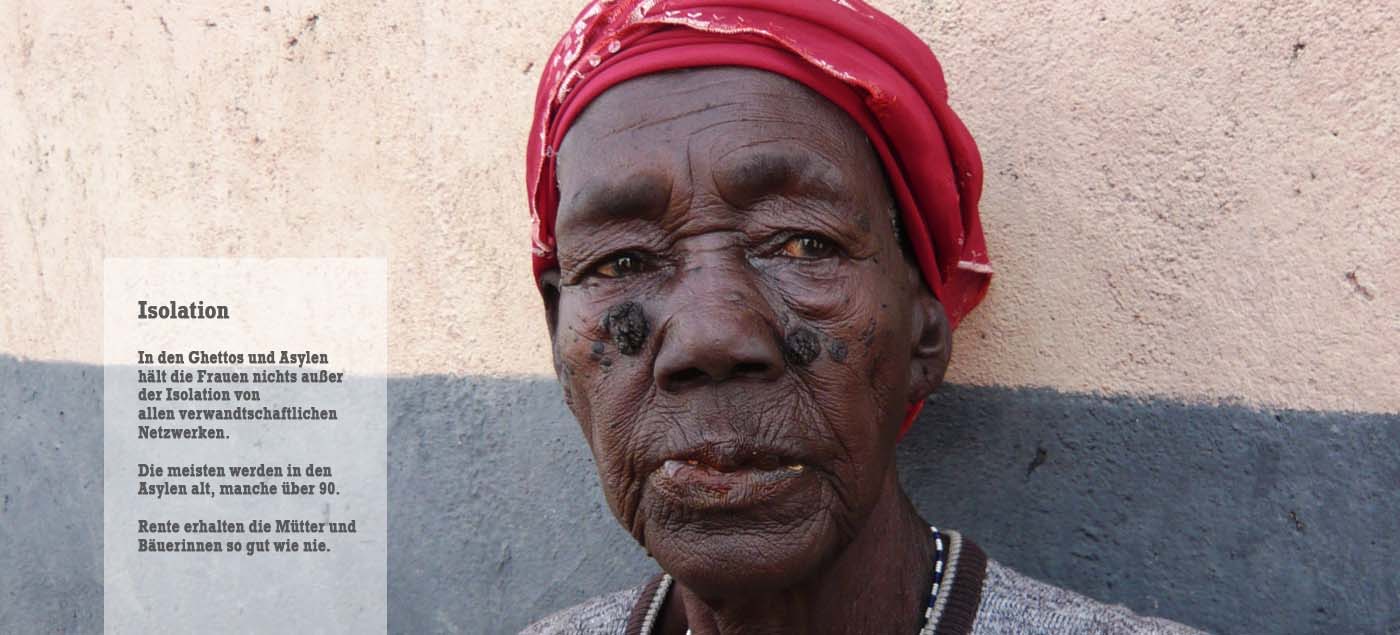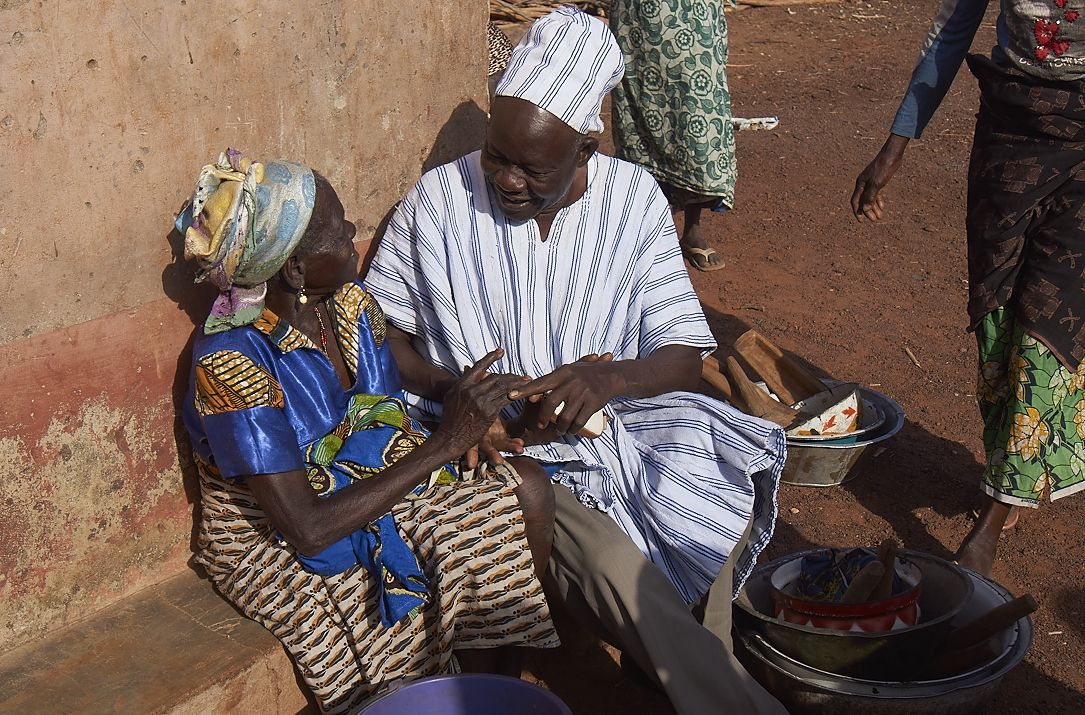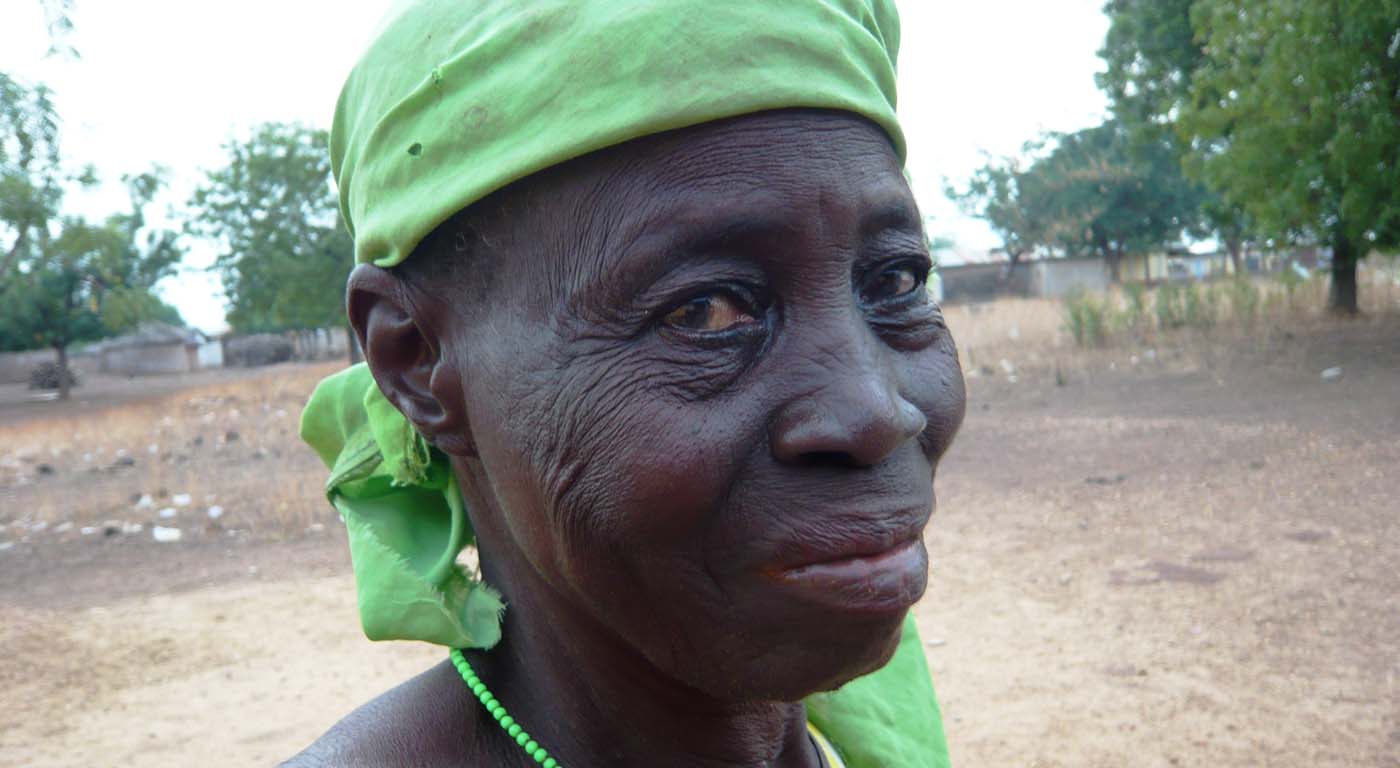Di Luong was working in Ghana and conducted interviews in the Gambaga-Ghetto. All initial attempts to convince NGOs and GOs to intervene were met with ignorance. Therefore the last option was to start our own NGO focussing on witch-hunt victims.
This post is also available in: German




